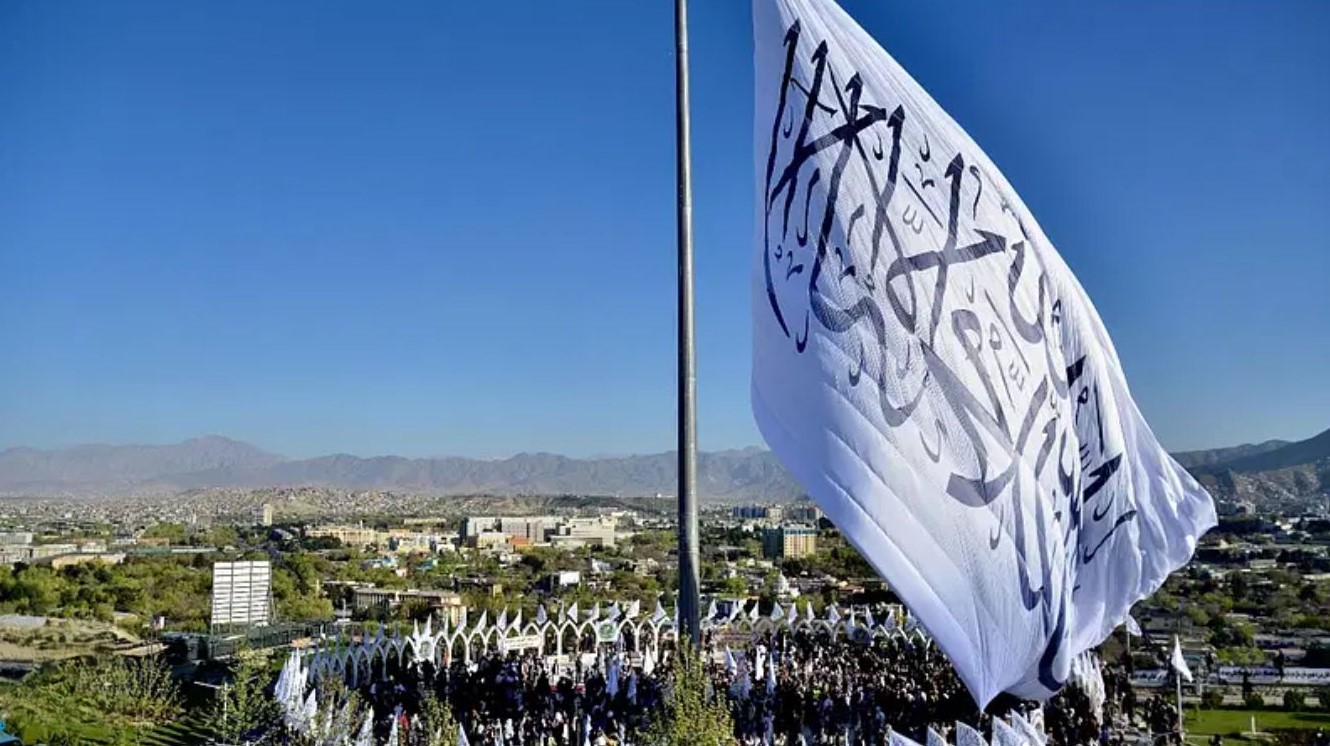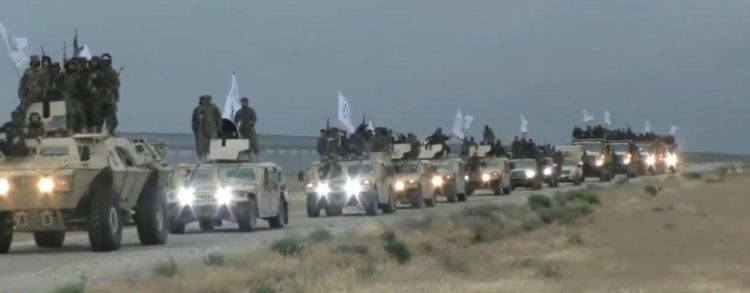The once-cooperative relationship between Pakistan and the Afghan Taliban has devolved into one characterized by mutual distrust and hostility. Both sides face considerable challenges in navigating this complex dynamic, with regional stability and economic ambitions hanging in the balance.

Recent Clashes and Airstrikes
The latest escalation began on December 21, 2024, when TTP militants attacked a Pakistani military checkpoint in South Waziristan, resulting in the deaths of 16 soldiers. In retaliation, on December 25, the Pakistan Air Force conducted airstrikes targeting suspected TTP hideouts in Afghanistan’s Paktika province. These strikes reportedly killed 46 individuals, including women and children, according to Afghan officials. The Afghan Defense Ministry condemned the airstrikes, labeling them as violations of Afghan sovereignty and vowed to respond.
Afghan Retaliation and Border Skirmishes
In response to the Pakistani airstrikes, the Afghan Taliban launched attacks on several Pakistani border posts on December 28. The Afghan Defense Ministry stated that these strikes targeted locations used to support and organize attacks within Afghanistan. Reports indicate that 19 Pakistani soldiers and three Afghan civilians were killed during these clashes. The situation remains volatile, with both sides exchanging artillery and small arms fire across the border.
Regional and International Implications
The intensifying conflict has drawn international attention, with neighboring countries and global powers expressing concern over the potential for further escalation. Russia, for instance, has called for restraint from both Pakistan and the Afghan Taliban, urging them to resolve their differences through dialogue. The ongoing skirmishes threaten regional stability, disrupt trade routes, and exacerbate humanitarian issues in border areas already suffering from displacement and economic hardship.
The Role of the TTP
The TTP, also known as the Pakistani Taliban, has been a significant factor in the deteriorating relations between Afghanistan and Pakistan. Although ideologically aligned with the Afghan Taliban, the TTP operates independently and has intensified its attacks on Pakistani security forces since the Afghan Taliban’s takeover in 2021. Pakistan alleges that the TTP has found safe haven in Afghanistan, a claim that Kabul denies. The presence and activities of the TTP continue to be a major point of contention between the two countries.
Prospects for Resolution
The path to de-escalation remains uncertain. Both nations have expressed a desire to maintain peaceful relations, yet mutual distrust and ongoing militant activities hinder diplomatic efforts. The international community, particularly regional stakeholders, may play a crucial role in mediating and facilitating dialogue between Afghanistan and Pakistan. However, without concrete actions to address the underlying issues—such as the presence of militant groups and border management—the prospects for a lasting resolution appear bleak.
Summing Up
The recent border clashes between the Afghan Taliban and Pakistan underscore the fragile nature of their relationship and the complexities of regional security dynamics. As both sides engage in retaliatory attacks, the risk of a broader conflict looms large, with serious implications for regional stability. It is imperative for both nations to exercise restraint and engage in constructive dialogue to prevent further escalation and work towards a sustainable resolution of their differences.










COMMENTS